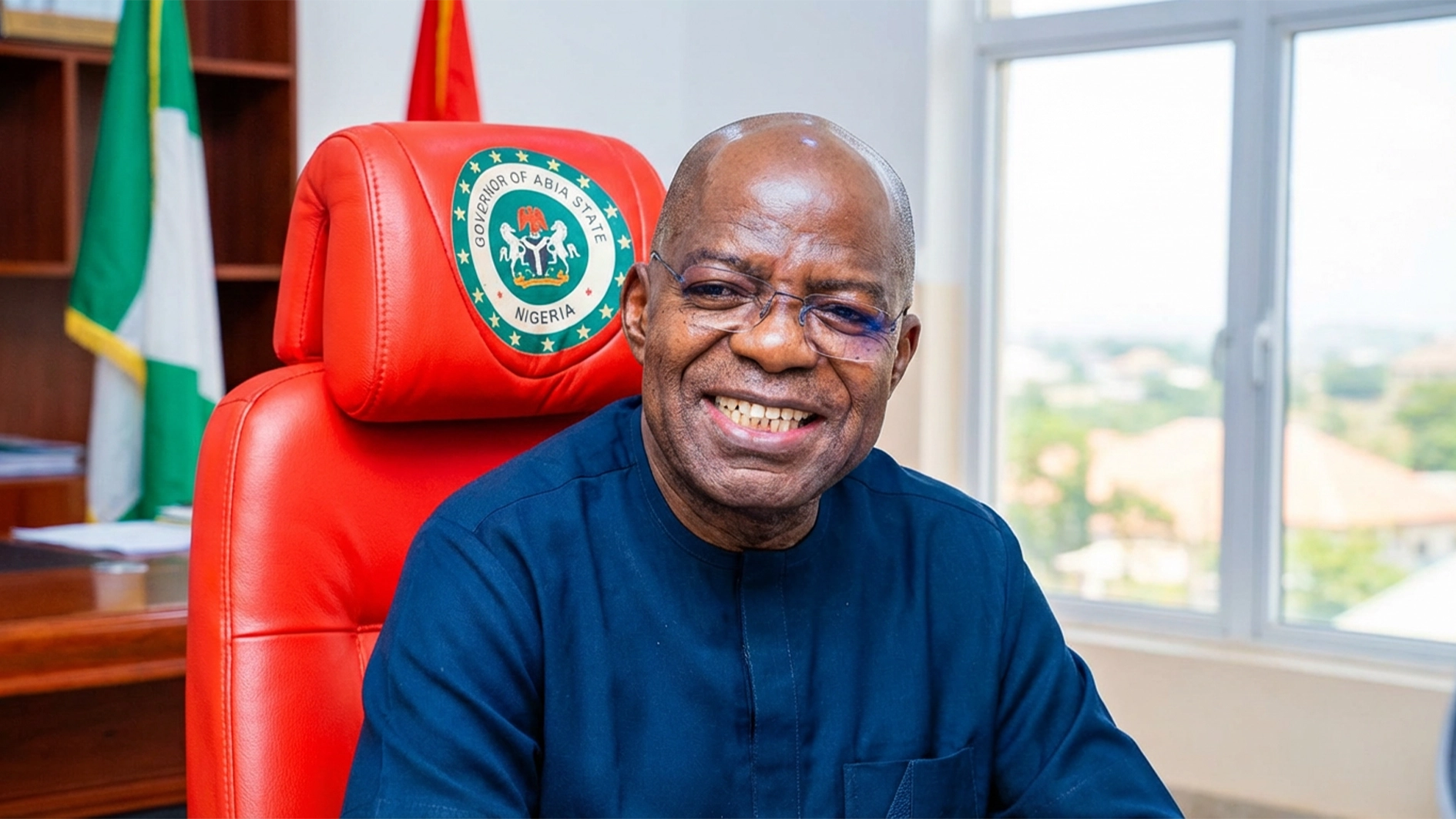An estimated 1.5 million children die globally each year from diseases that vaccines could have prevented, according to health experts who warn that delayed funding for immunization in Nigeria is putting millions of children at risk of deadly outbreaks such as diphtheria and meningitis.
At a press conference held in Abuja on Monday, civil society organisations called on the Federal Government to urgently release the outstanding ₦108 billion allocated for the 2024 national immunization programme. They also urged the timely disbursement of the ₦231.7 billion earmarked for 2025.
Speaking at the event, themed *Prioritising Immunization Financing for Child Survival*, the Chief Executive Officer of the Vaccine Network for Disease Control (VNDC), Mrs. Chika Offor, said Nigeria continues to rank among countries with the highest number of zero-dose children—those who have never received a single dose of routine vaccines—currently estimated at 2.2 million.
“Without consistent and timely funding, over 1 million Nigerian children under five remain at risk of dying from diseases we already have the power to prevent,” she said.
Offor described immunization as one of the most cost-effective public health interventions, capable of reducing mortality, preventing outbreaks, and improving overall community health and economic growth.
“Every day vaccines are delayed due to fragmented or incomplete funding, children remain vulnerable to preventable diseases before their first birthday,” she said.
Citing data from the District Health Information Software 2 (DHIS2), Offor noted that Nigeria alone accounts for approximately 30% of the world’s zero-dose children. “Behind each of those statistics is a child at risk of disease, disability, or death,” she said.
She warned that delayed funding and vaccine stockouts threaten to reverse years of progress in child survival. “Vaccines sometimes arrive after outbreaks begin, and by then it’s often too late,” she said. “Immunization saves an estimated ₦6,000 to ₦11,000 in treatment costs per child—sums most poor families simply cannot afford.”
“For every ₦1 invested in vaccines, ₦16 is returned in health and economic benefits. That is not just a smart investment—it is a life-saving one,” she added. “Vaccination is not optional—it is essential to child survival.”
Offor acknowledged President Bola Ahmed Tinubu’s commitment to child health and commended the administration for releasing all outstanding vaccine financing for 2022 and 2023, as well as 25% of the 2024 allocation.
However, she emphasized the need to strengthen domestic financing for immunization and reduce reliance on donor support. “We must build a sustainable, equitable health system,” she said.
She also called on state governments to ensure routine and emergency immunization funding is embedded in annual budgets, released promptly, and efficiently utilized. Legislators, she added, must support policies that facilitate the timely release of immunization funds.
While commending the steady increase in budgetary allocation to immunization since 2023 despite fiscal constraints, Offor described it as a positive step that must be matched by timely fund releases.
Also speaking at the event, former Deputy Chairman of the House Committee on Healthcare Services, Hon. Muhammad Usman, expressed concern over the outstanding ₦108 billion for 2024 and the yet-to-be-released ₦231.7 billion for 2025—less than four months before the year ends.
“This shows a lack of prioritization,” Usman said. “It’s not enough to increase the budget. If you don’t ensure prompt release, children will continue to suffer the consequences.”
He urged policymakers to prioritise immunization financing, warning that delays could result in preventable deaths and future outbreaks.






